
2023-24


2023-24
Dear Friends,
The Childress Klein Center for Real Estate continues to serve the Charlotte region with the development of talent and creation of research that is useful to industry. This past year, the center has built ever stronger collaborations, with the support of industry professionals, corporations and organizations.
Students have benefitted from partner-supported experiences including touring building sites, managing a real estate investment fund, studying abroad and other opportunities. In 2023, the Master of Science in Real Estate program celebrated its 157 graduates, and the undergraduate finance major with a real estate concentration also saw strong enrollment.
In July, the Belk College of Business welcomed back Dr. Richard Buttimer as Dean. Dean Buttimer is a former director of the Childress Klein Center for Real Estate, a champion of our State of Housing in Charlotte report and summit and a tremendous advocate for real estate education and research. We are excited that he will continue active engagement with the center.
We also welcomed Dr. Chandler Lutz as the Steven Ott Distinguished Scholar in Real Estate, following a nationwide search. With the support of many people, this position was endowed to recruit a nationally recognized expert in real estate, particularly in policy. Dr. Lutz’s research draws on econometric, statistical and machine learning methods in the study of housing markets, labor economics and monetary policy. When he was at the SEC, his policy work spanned housing markets, financial risk and macroeconomic analysis.
All of us with the center have been active on the research front, publishing in respected academic journals and presenting findings to academic audiences, policymakers, businesses, citizens and the media. The State of Housing in Charlotte report continues to provide useful, actionable information for leaders in housing, real estate development, economic development and policy.
Students in graduate and undergraduate programs learned from expert faculty and industry professionals, and from engaged learning opportunities including study abroad, student investment fund experiences, industry talks and site visits. Students received support for their career aspirations through scholarships funded by the center’s board, alumni and friends.
One scholar described the funding he received as an affirmation of his choice to embrace a new career focused on helping rebuild communities, saying, “I took it as an overt signal that I am not alone — guardian angels are out there supporting those working hard to make a difference.”
Now, we have turned our sights to 2024 and also 2025, when we will mark the 20-year anniversary of the founding of the center in 2005. These past two decades have been truly transformational, and we know that with your help, the best is yet to come.
Thank you for your continued support.
YONGQIANG CHU Director, Childress Klein Center for Real Estate Childress Klein Distinguished Professor of Real Estate and Urban Economics
The Childress Klein Center for Real Estate at UNC Charlotte was established in 2005 with support from the real estate industry and program alumni. Their financial contributions have supported course development, scholarships for graduate students, special events, distinguished professorships and community outreach activities.
The Childress Klein Center for Real Estate administers and supports:
• The Master of Science in Real Estate
• The MBA Real Estate Concentration
• The Bachelor of Science in Business Administration Real Estate Concentration in the Finance major
• The Graduate Certificate in Real Estate Finance and Development
The center also manages programming and outreach to alumni, industry and community members and the Childress Klein Center for Real Estate Advisory Board.
Our mission is to advance knowledge in real estate, public policy and urban economics through graduate education, applied research and industry/community collaboration. Primary goals are focused on:
• Interdisciplinary Real Estate Education: To recruit and attract top real estate students seeking comprehensive and interdisciplinary education in commercial real estate studies, using faculty and practitioners to combine academic theory with industry best practices.
• Innovative Research in Real Estate and Urban Economics: To provide academic research and expertise that guides decision-making and offers solutions for urban development, land use, real estate investment and capital market issues; and to foster innovative real estate theory, policy and practice.
• Strategic Collaborations With Industry: To become a critical link between academics and industry, students and the community, and public and private sectors, including partnering with key trade organizations, an advisory board of real estate professionals, and other affiliated groups to provide community outreach on current real estate issues; to collaborate on applied research; and to enrich professional networks for our students and alumni.
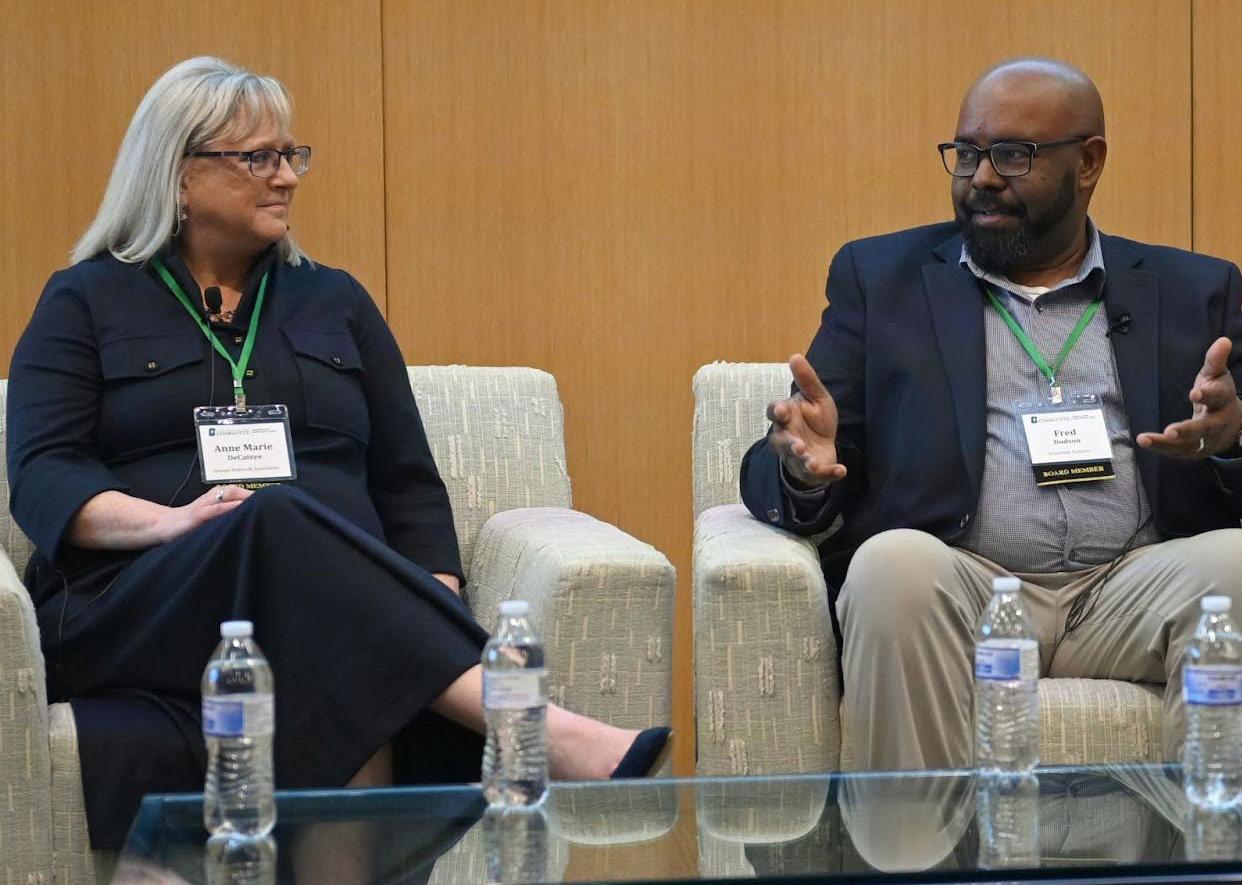
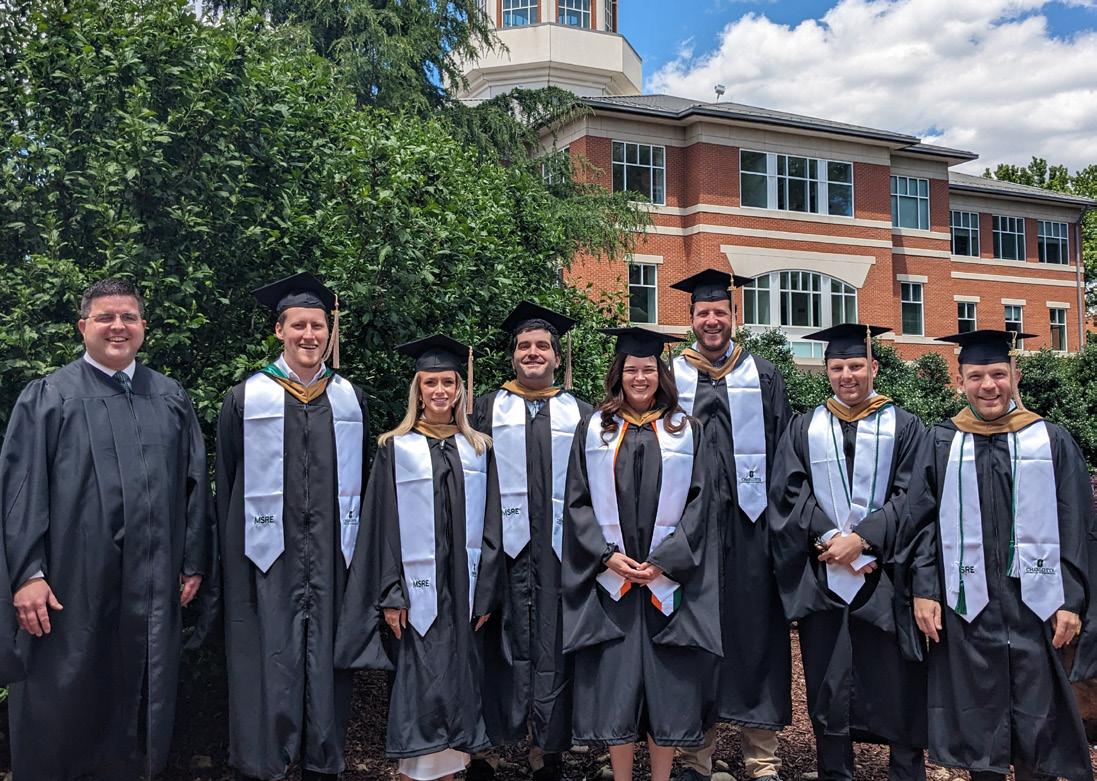

DR. YONGQIANG CHU
Childress Klein Center for Real Estate Director, Childress Klein Distinguished Professor of Real Estate and Urban Economics
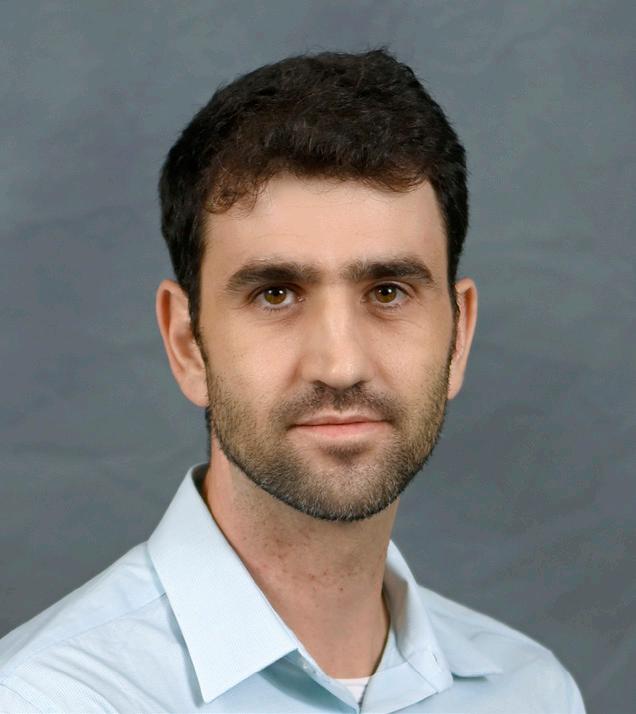
DR. CHANDLER LUTZ
Associate Professor of Finance and Steven Ott Distinguished Scholar in Real Estate
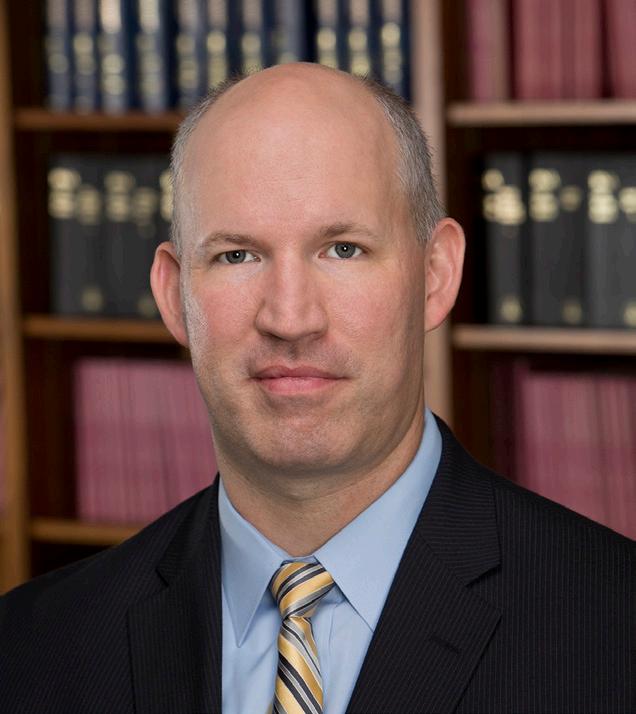
DR. KIPLAN WOMACK
Associate Professor of Real Estate
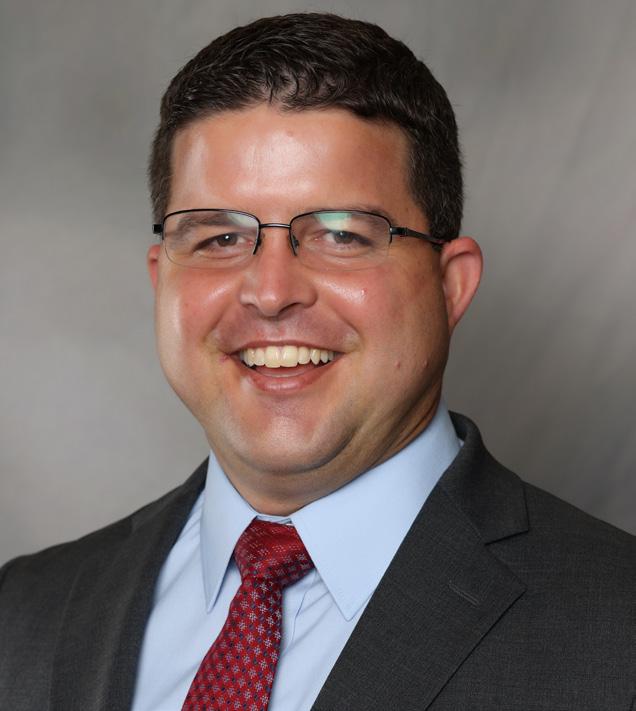
DANIEL WRIGHT
M.S. in Real Estate
Program Director, Senior Lecturer, Childress Klein Center for Real Estate Assistant Director

DR. PATRICK SMITH
Associate Professor, John Crosland, Sr. Distinguished Scholar in Real Estate and Development
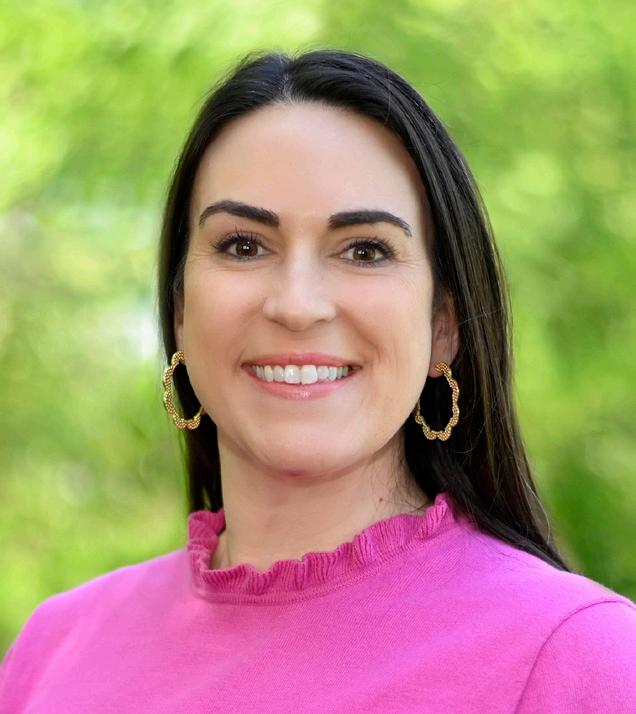
CONLEY
Senior Director of Development
The Childress Klein Center for Real Estate Advisory Board is a core support group for the center. Members provide advice and are active contributors as guest lecturers and mentors. As senior executives, board members represent an array of functional areas related to real estate and urban development.
Kris Fetter, Chair, Faison Properties
Bradley Smith, Vice Chair, Bank of America Merrill Lynch
Fred Klein, Childress Klein Properties
Landon Wyatt, Childress Klein Properties
Peter Fioretti, Mountain Real Estate Capital
Richard Buttimer, Belk College of Business
Henry Atkins, Atkins Properties
H.C. “Smoky” Bissell, The Bissell Companies, Inc.
Robert Brinkley, Womble Carlyle Sandridge & Rice, LLC
Bryan Brooks, Medalist Capital, Inc.
Jefferson Brown, Moore & Van Allen
Shippen Browne, Bellwether
John Caruso, Rock Consulting Group, LLC
Walker Collier, Trinity Capital Advisors
Alyson Craig, Charlotte Planning, Design & Development
John Culbertson, Cardinal Real Estate Partners, LLC
Geoffrey Curme, MECA Commercial Real Estate
Anne Marie DeCatsye, Canopy Realtor Association
Darryl Dewberry, The Spectrum Companies
Fred Dodson, Dreamkey Partners
Tracy Dodson, City of Charlotte
Jubal A. Early, First & Early Partners
Kris Fetter, Faison Properties
Peter Fioretti, Mountain Real Estate Capital
Walter D. Fisher Jr., Troutman Pepper
Paisley Gordon, CPG Real Estate
Doug Irmscher, Beacon Partners
Leslie Johnson, Mecklenburg County Government
Shawn Kimble, Barings
Fred Klein, Childress Klein Properties
Kevin Lambert, Crescent Communities
Daniel Levine, Levine Properties
Ken Loeber, Eagle Rock Partners, LLC
George Maloomian, Cambridge Properties, Inc.
Charles Lindsey McAlpine, CitiSculpt
Fulton Meachem Jr., INLIVIAN
Brent Milgrom Jr., Parker Poe Adams & Bernstein LLP
Chase Monroe, JLL
Rob Nanfelt, REBIC
Dionne Nelson, Laurel Street
Compie Newman, CBRE
John Ockerbloom, Barings
Keith Poettker, Poettker Construction Company
Curt Rigney, Batson-Cook Company
Pat Rodgers, Rodgers Builders Inc.
Ed Rose, Shelco, LLC
Arthur Samet, Samet Corporation
James Scruggs, Kingdom Development Partners
Tim Sittema, Crosland Southeast
Bradley Smith, Bank of America Merrill Lynch
Shannon Smith, Abundant Power
Todd Williams, Grubb Properties
Jane Wu, Panorama Holdings
Landon Wyatt, Childress Klein Properties
Alumni, corporate partners, and friends have played a crucial role in advancing the mission of the Childress Klein Center for Real Estate. Your continued partnership and investment are invaluable to us, and we are deeply grateful for your commitment to advancing real estate education. Together, we are making a significant impact in the field, empowering the next generation of leaders and innovators.
SCHOLARSHIPS
41.69% ($40,802)
FY 23 TOTAL GIFTS & PLEDGES*
$97,879.77
*UNC Charlotte’s fiscal year is July 1 – June 30
27.07% ($26,500) RESEARCH
26.05% ($25,500)
UNRESTRICTED ENDOWMENT
5.19% ($5,077.77)
NUMBER OF DONORS
The commitment from real estate industry professionals and Master of Science in Real Estate program alumni to supporting the center’s goal of attracting top real estate students has led to the development of Childress Klein Center for Real Estate scholarships. Financial contributions from alumni and other benefactors have funded scholarships for students in the program, who as a result benefit from a comprehensive and interdisciplinary graduate education in commercial real estate studies. In the 2023-2024 academic year, nine students received 23 awards of financial support.
Batson-Cook Scholarship - Charlie Shepherd
Bissell Scholarship - Chris Cooke
Bunker Land Group, LLC Endowed Real Estate Scholarship - Jerry Lee
Charlotte Regional Commercial Board of REALTORS (CRCBR) Scholarship in Real Estate - Blake Shell
CRCBR Scholarship in Memory of Garth Dunklin - Blake Shell
Childress Klein Scholarship - Ryan Plessinger
CREW Graduate Scholarship - Elianet Hernandez Santana
CREW Undergraduate Scholarship - Lucas Young
Crosland Scholarship - Andrew Jen
Empire Communities Scholarship - Jerry Lee
Faison Scholarship - Andrew Jen
Faison Scholarship - Charlie Shepherd
Institute of Real Estate Management (IREM) Scholarship - Jerry Lee
MSRE (ambassador) Scholarship - Elianet Hernandez Santana
NAIOP Charlotte Scholarship - Jerry Lee
NC REALTORS Education Foundation Endowed Scholarship - Elianet Hernandez Santana
North Carolina - Certified Commercial Investment Members (NC-CCIM) Scholarship - Andrew Jen
North Carolina - Certified Commercial Investment Members (NC-CCIM) Scholarship - Elianet Hernandez Santana
North Carolina - Certified Commercial Investment Members (NC-CCIM) Scholarship - Chris Cooke
Panorama Holdings Graduate Scholarship - Elianet Hernandez Santana
Real Estate Alumni Association (REAA) Communications Ambassador Scholarship - Chris Cooke
SIOR Carolinas Chapter and SIOR Foundation Scholarship - Chris Cooke
Four of the 2023-24 scholarship recipients shared thoughts about what their scholarships and experiences in the Master of Science in Real Estate program have meant to them.

Charlotte Regional Commercial Board of REALTORS (CRCBR) Scholarship in Real Estate, CRCBR Scholarship in Memory of Garth Dunklin
As a father of two children with a third child born during my MSRE program experience, the scholarship has done so much to remove the financial burden of tuition for my growing family. Before I changed careers, I studied alongside an employee of my current company, which helped lead to my hiring. It’s true that the network of students and alumni that the MSRE offers is invaluable beyond any single course that I took. It was the combination of each aspect of MSRE that makes a difference. The program itself was a leap of faith for me, but I knew that I wanted more from my career and the MSRE really delivered. Site feasibility and real estate development were among my favorite courses that I now apply in my daily work in real estate development
Of course, there is no replacement for traveling to Dublin, Ireland for a week and experiencing the first-hand perspectives of multifamily developers working through projects there. The Fioretti Student Managed Real Estate Investment Fund is another one of the really enriching courses that provides a hands-on look at how real estate portfolios are acquired and managed. While we were in an academic environment, we made real recommendations under expert supervision and guidance. I got the opportunity to study real estate product types I had never dealt with previously. I can’t say enough good about what this program offers a working professional like me.

Bissell Scholarship, North Carolina - Certified Commercial Investment Members (NC-CCIM) Scholarship, Real Estate Alumni Association (REAA) Communications Ambassador Scholarship, SIOR Carolinas Chapter and SIOR Foundation Scholarship
UNC Charlotte’s generous financial support has been a difference maker in my advanced education pursuits, enabling me to fully unlock the MSRE experience. Specifically, the support is a benefit beyond purely financial, as it’s humbling and inspiring to know the confidence that the school and numerous benefactors have placed in me to be a steward of the award.
In the classroom, I am empowered to take additional time to model and customize class material to fit individual projects that are of both interest and importance to my long-term interests. This financial support has also unlocked additional networking opportunities which are key to connecting with market professionals to reciprocate and pay support forward

Crosland Scholarship, Faison Scholarship, North Carolina - Certified Commercial Investment Members (NC-CCIM) Scholarship
As an out-of-state student returning to school for graduate-level education in a new industry, I was happy to see the Childress Klein Center for Real Estate’s strong relationships in the community. This was a major deciding factor for me when I considered the investment in education, and I’m grateful to have been able to pursue higher education at a more attainable cost. As companies recognize the growing demand for talent in this region, I hope they would consider investing in this region’s program to draw students from different backgrounds. The Center was a great resource for me this past academic year, and I found it to be a great forum for students and professionals.
The highlight of my education thus far has been the Fioretti Student Managed Real Estate Investment Fund class. This is a year-long course that gives student fund managers hands-on experience in the areas of: deal sourcing, financial analysis and investment committee presentations. We were given investment analysis and asset management responsibilities. The dialogue between students, instructors and advisory board members has been invaluable. My experience in this class has given me a baseline level of confidence to converse meaningfully and ask the right questions in the real estate industry.
In 2023, the UNC Charlotte Master of Science in Real Estate program celebrated the remarkable success of its 157 graduates. Since the program’s inception, nearly 100% of its graduates have secured employment in the real estate industry. Daniel Wright, the program director and senior lecturer, attributes this success to the exceptional support from the region’s real estate community.
The Belk College of Business has been recognized by Commercial Property Executive as one of the “Leading Schools for Real Estate.” It was one of few institutions in the Carolinas to receive this honor, highlighting its dedication to nurturing the future leaders of the real estate industry.

Engaged learning opportunities expand students’ ability to immerse themselves in topics they are learning and to connect with industry experts. Students in the Belk College of Business program participate in investment site visits, tour sites, meet with industry leaders and participate in presentations. They find an array of opportunities to explore new ways to consider and apply real estate concepts.
The Fioretti Student Managed Real Estate Investment Fund provides students with real-world experience in the analysis, investment and management of private and public real estate securities. The fund, one of only a few in the country, permits students to gain in-depth experience by actively participating in private real estate deals. Working closely with real estate faculty and industry mentors, students identify and evaluate real estate investment opportunities. The students then present the investments’ performance to a committee composed of faculty and real estate investment professionals.
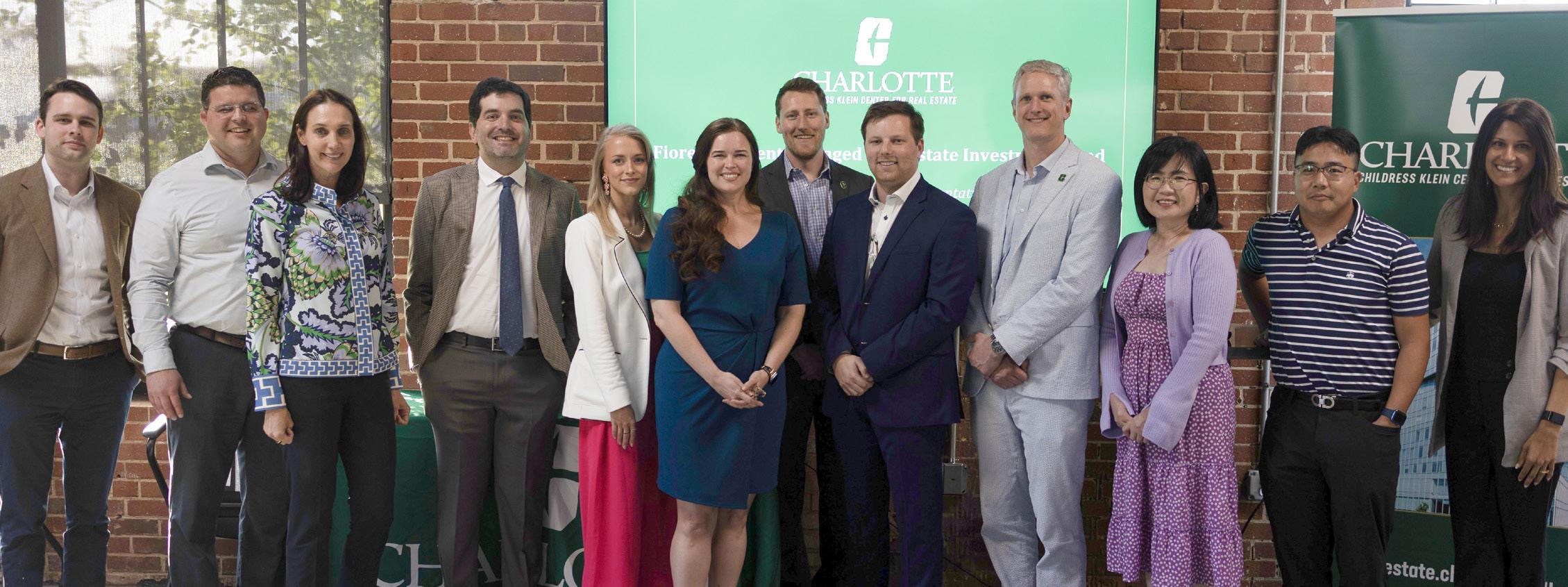
Since 2016, the Fioretti Real Estate Fund has committed $362,333 in 11 investments. Currently, the fund has $200,000 placed in four investments. The following charts indicate the fund’s diversification, the sponsors with whom the fund has invested, and the geographic dispersion of current investments.
SPONSOR DIVERSIFICATION (SPRING 2024)
To further its focus on expanding industry and community collaboration to educate and develop real estate professionals, the Childress Klein Center for Real Estate created a seminar series to facilitate regular discussions on relevant topics. These invitation-only seminars occur on Friday afternoons and include time for networking, Q&A and lunch in addition to a robust discussion on the featured topic. The sessions feature expert speakers from across the real estate industry and set aside time for stimulating discussion of the topics featured. The five seminars in the 2023-24 series attracted more than 150 attendees to learn from a wide range of talks by diverse speakers from industry.
Students in the MSRE program also have the opportunity to study and travel abroad to broaden their understanding of other cultures and of real estate sectors in other countries. Most recently, students and faculty traveled to Dublin, Ireland, where they met with real estate and development experts who provided a global perspective.


#CREfuture features a panel discussion on forward-thinking topics in commercial real estate for future real estate leaders. Young professionals in commercial real estate provide an insider perspective on their career paths, current projects making waves in the market and their experiences as emerging leaders in commercial real estate. The event brings together current students, young alumni and friends of the Childress Klein Center for Real Estate to network and connect over engaging topics impacting the real estate market.
This spring, nearly 100 students, alumni and industry professionals convened for a moderated panel discussion on commercial real estate development in the life sciences industry, with the latest installment in the #CREfuture series.
Moderator Kenlie Clapp, Executive Director of Research at Royster CRE, moderated a panel discussion on the vital nexus between real estate and life sciences, discussing topics poised to significantly impact the industry’s trajectory. Panelists were Chase Kerley, Managing Director, Crescent Communities, Dianne Jones, Managing Director, JLL Business Location and Economic Incentives and Jordan Harris, Business Recruitment Manager, City of Charlotte Economic Development.



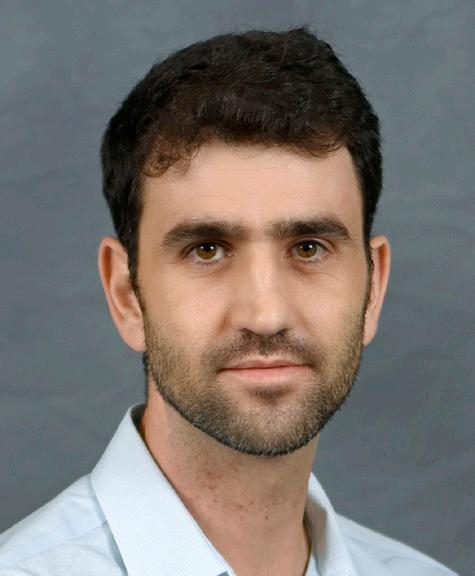

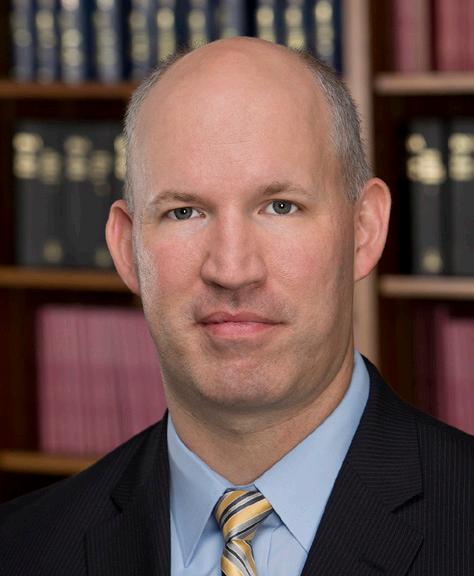
YONGQIANG CHU is the Director of the Childress Klein Center for Real Estate and Childress Klein Distinguished Professor of Real Estate and Urban Economics and Professor of Finance at the UNC Charlotte Belk College of Business. Dr. Chu conducts research in real estate, corporate finance, and banking. His research has appeared in many top finance, real estate, and economics journals, including Review of Financial Studies, Journal of Financial Economics, Management Science, Journal of Financial and Quantitative Analysis, Review of Economic Dynamics, and Real Estate Economics.
CHANDLER LUTZ is an Associate Professor of Finance and the Steven Ott Distinguished Scholar in Real Estate who joined the Center in fall 2024. He uses econometric, statistical, and machine learning methods to study housing markets, labor economics, and monetary policy. His research has been published in the Review of Financial Studies, the Journal of Labor Economics, and the Journal of Urban Economics, among other outlets. He has developed new datasets that measure the amount of land unavailable for housing construction across the United States.
PATRICK SMITH is an Associate Professor and John Crosland, Sr. Distinguished Scholar in Real Estate and Development in the Finance Department at UNC Charlotte. Before graduate school, he worked in industry for nearly a decade, holding various positions of increasing importance in corporate finance and business analytics. Dr. Smith’s research interests include real estate finance and urban economics. His current research uses housing transaction and mortgage data to inform public policy.
KIPLAN S. WOMACK is an Associate Professor of Real Estate in the Belk College of Business at the University of North Carolina Charlotte. His research focuses on applying the principles of financial option pricing to the valuation of real estate (real options), land values, development, redevelopment, as well as corporate finance issues (particularly mergers and acquisitions) faced by Real Estate Investment Trusts. Dr. Womack has over ten years of professional experience in corporate finance and real estate.
Center faculty are leaders in research on emerging issues. Their findings are relevant for businesses, trade organizations, policymakers, other researchers and consumers. They advance knowledge by conducting and publishing studies, presenting at conferences and acting as leaders with academic journals.
Hedge Fund Activism: A center researcher and colleagues examined how hedge fund activism targeting banks can affect racial disparities in mortgage lending, in a study that was accepted in 2023 and published in 2024 in Management Science. The journal is on the Financial Times top 50 list, used by the publication to rank faculty research in specific areas. The racial disparity in mortgage approval rates decreases by four percentage points as a result of hedge fund activism targeting banks, the study found. Target banks experience a higher turnover of mortgage officers and open new bank branches in areas with greater racial disparities in mortgage approval rates. The results are driven by hedge fund activists’ efforts to increase profitability and comply with the Community Reinvestment Act, factors the researchers uncovered.

Sea-Level Rise and Risk: Using a large sample from 1986 to 2017, one study found that companies with higher exposure to climate change risk caused by sea-level rise tend to acquire firms that are unlikely to be directly affected by sealevel rise. The study determined that companies with higher exposure to sea-level rise that acquire other companies see significantly higher announcement-period abnormal stock returns. Analyses using failed merger bids as an exogenous shock show that post-merger, analyst forecasts become more accurate and environmental-related, and overall environmental, social and governance scores improve.

Measuring Ability to Repay: A working paper looks at a novel setting where borrowers’ underwritten debt-to-income ratio differs from their true debt-to-income to test whether debt-to-income is an effective measure of borrowers’ ability to repay their mortgages. The research team found that loans with positive debt-to-income spreads, or understated underwritten spreads, are significantly more likely to become seriously delinquent than loans with non-positive spreads, or accurate or overstated underwritten spreads. Lenders do not appear to price or incorporate the additional default risk into their securitization decisions, they found.
Gender Diversity and Activism: Examining the effect of hedge fund activism on gender diversity, one study found that the number of female directors decreases after a firm is targeted by hedge fund activism. Using employment history data, the researchers discovered that activist hedge funds are more likely to appoint people with finance backgrounds to the boards of target firms. The newly appointed finance-background directors are almost all male because of the lack of diversity in the finance industry. The lack of gender diversity of the hedge funds’ networks also helps explain the impact of hedge fund activism on gender diversity on the board.
Securitization and
One paper examines whether agency conflicts introduced by securitization affect servicers’ asset liquidation decisions. Securitized loan servicers are 25.4% to 28.5% less likely to liquidate distressed houses via short sales than portfolio loan servicers, the research found. Securitized loan servicers’ bias against short sales does not represent an agency conflict if the net proceeds of short sale and real estate owned liquidations are comparable. However, the study determined short sales sell for 5.6 percentage points more and are almost three times less expensive than real estate owned liquidations. Securitized loan servicers have a financial incentive to pursue the REO liquidations.

One center researcher applied expertise by presenting papers, serving as a discussant for other papers and serving as a session chair at the American Real Estate Society annual conference. The American Real Estate Society is an association of real estate thought leaders from academia and the real estate profession in the U.S. and internationally. It is dedicated to producing and disseminating knowledge on real estate decision-making and the functioning of real estate markets. In other reputation-building activities, a center researcher served as a referee for the journals Real Estate Economics, Journal of Real Estate Finance and Economics and the Journal of Real Estate Research on topics including real options, redevelopment, housing markets, land transactions, cap rates and Real Estate Investment Trusts, expanding research in these areas.
People with low and moderate incomes were finding it increasingly hard to afford homes in the Charlotte region as the Childress Klein Center for Real Estate released its 2023 State of Housing in Charlotte report. Prices were continuing to rise, and although the number of housing units had increased, supply still lagged demand.
Housing pressure historically arises from a variety of factors, revealed in the UNC Charlotte Belk College of Business report. Charlotte researchers revealed report findings at the State of Housing in Charlotte Summit at The Dubois Center at UNC Charlotte Center City on Nov. 9, 2023. The report was supported by Faison, Canopy Realtor® Association and TrueHomes.
The State of Housing summit drew close to 420 developers, government officials and community stakeholders for an exclusive first look at the data and a discussion centered on the research findings. Since the report’s release, media and community and business organizations have turned to the report and its authors for expert analysis of housing issues.
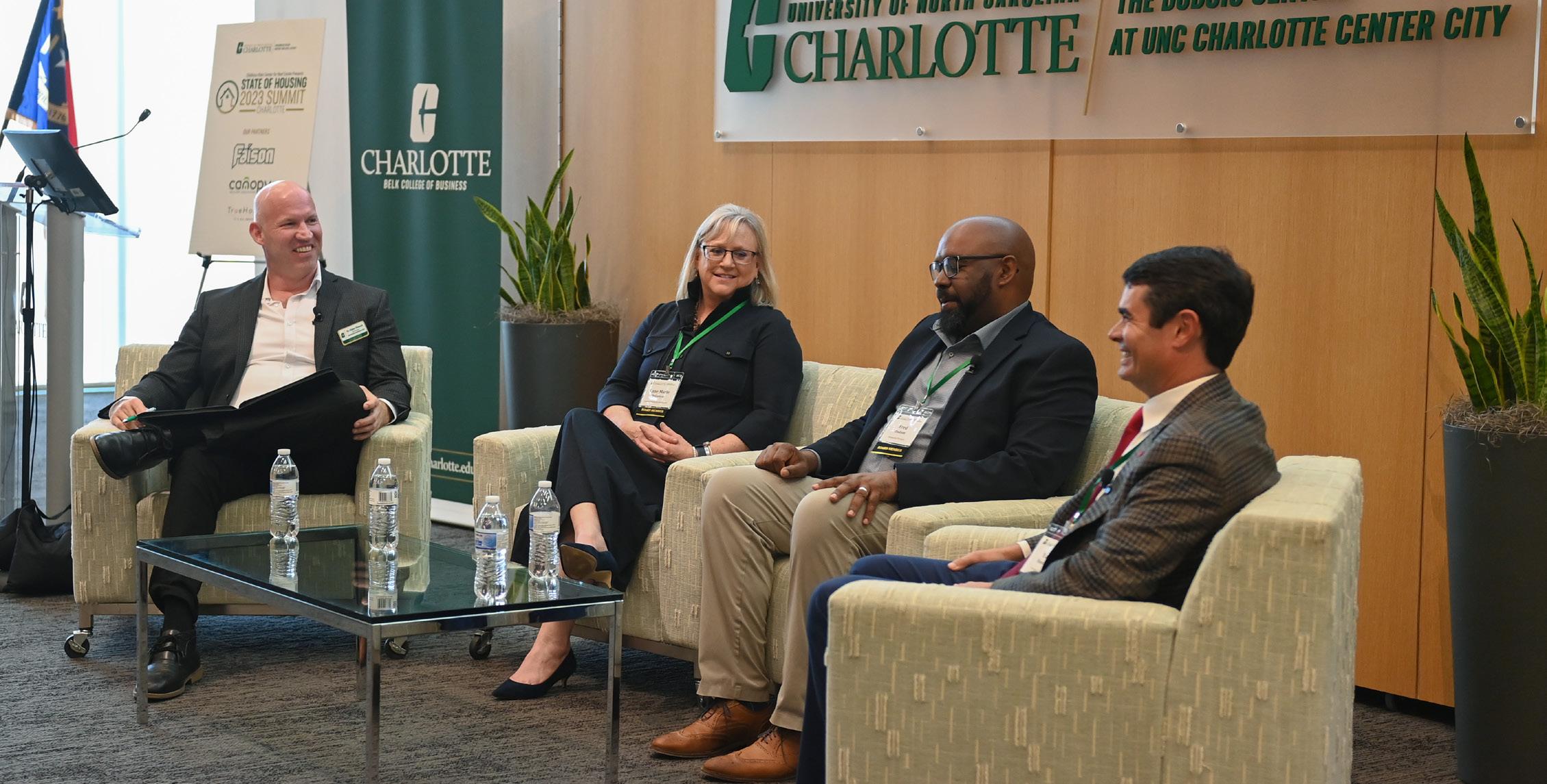
“The Charlotte region has continued to grow rapidly, even picking up the pace following the COVID-19 pandemic,” said Yongqiang Chu, center director and primary author of the housing research report. “The population growth has created persistent, strong demand for housing. Combined with the continuing disruption of the supply of housing due to the COVID-19 pandemic, we see continued pressure on the housing market.”
The Charlotte region additionally was experiencing a shift in the distribution of house prices, Chu said. “The research shows that prices at the lower end of the scale have increased much faster than at the higher end,” he said. “Also of concern is that middle-income housing affordability is emerging as a significant challenge for the Charlotte region.”
In September 2023, buyers needed a family income of $152,000 to purchase a median-priced home, with the median price jumping to $415,000 from January 2022’s median price of $376,000.
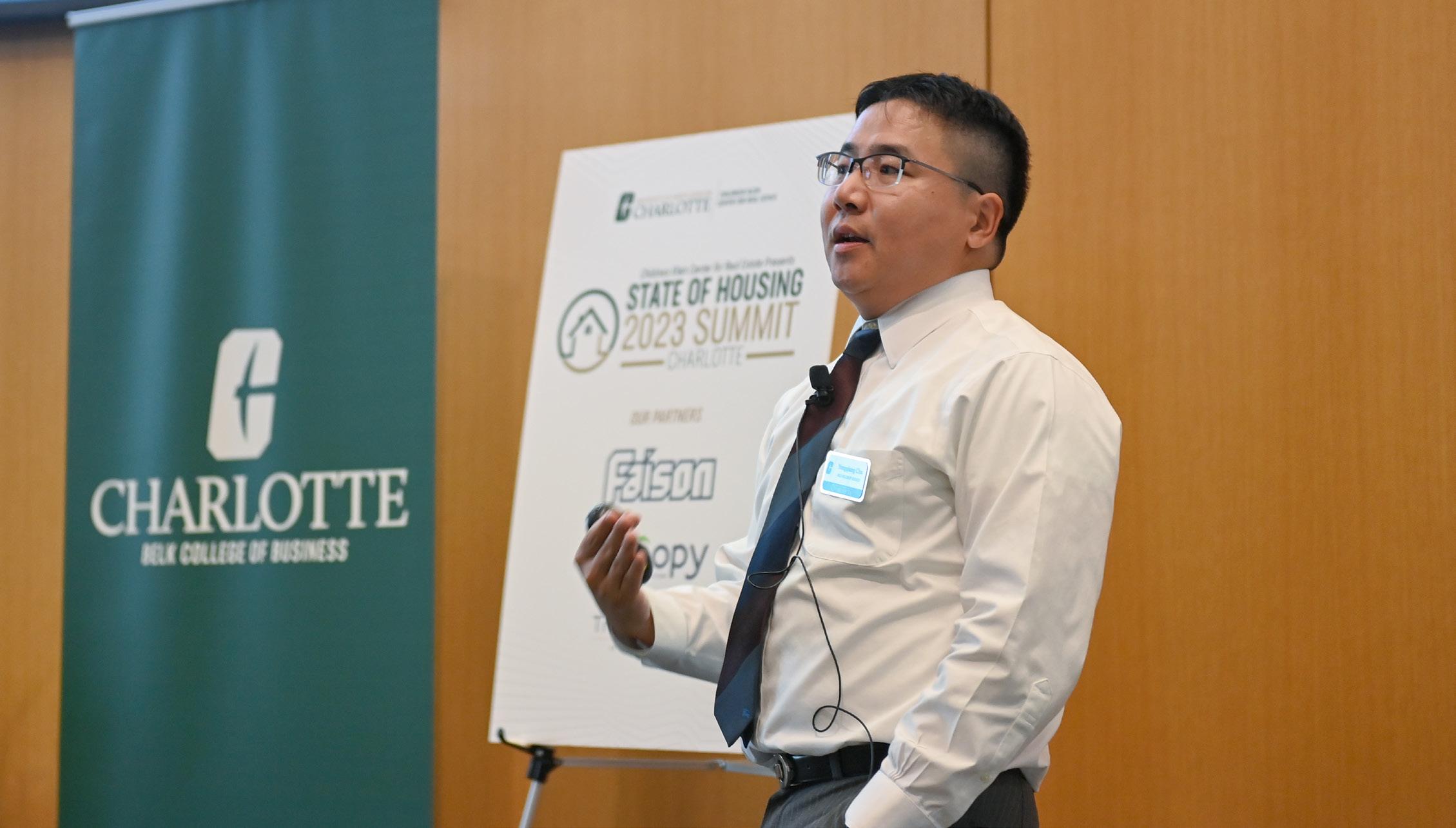
In its fifth year in fall 2023, the report pulled from six primary data sources. It provided an in-depth look at the housing market in the Charlotte region and an in-depth review of housing in the Charlotte region over the last 20 years.
Part of a multi-year project led by Charlotte Belk College of Business real estate faculty, the report offers a starting point for discussion on housing policy in the Charlotte region. The research considers owner-occupied, rental and subsidized housing in the eight-county Charlotte region of Mecklenburg, Cabarrus, Gaston, Iredell, Lincoln and Union counties in North Carolina, and Lancaster and York counties in South Carolina.
The summit also included an industry panel discussion moderated by Kip Womack, associate professor of real estate. Panelists were Anne Marie DeCatsye, CEO of Canopy Realtor® Association; Fred Dodson, COO and EVP of Dreamkey Partners; and Yates Dunaway, senior vice president of Crosland Southeast.
• The disruption of housing supply due to COVID-19 continued. The Charlotte Metropolitan Statistical Area underbuilt 10,000 housing units in 2022.
• Houses priced affordably continued to be extremely difficult to find. At that time in 2023, just 2.5% of houses sold for under $150,000, and only about 22% of houses were sold for under $300,000. Those numbers were worse than in 2022.
• The affordability of middle-income housing was becoming a significant challenge for the Charlotte region. Rising interest rates and house prices made housing quickly unaffordable in the Charlotte region.
• House price growth had slowed significantly from the peak during COVID-19; yet the market started to rise again in 2023.
• The housing market continued to be tight. The median days on the market number still marked less than 10 days.
• Rent growth had moderated significantly since the middle of 2022.
Faculty with the Childress Kline Center for Real Estate provide thought leadership to guide and inform solutions in urban development, land use, investment and capital market issues while fostering innovative theory, policy and practice. The center has been ranked among the 20 most active research institutions in real estate for the past decade and routinely takes its research into the broader community through varied activities.
In the 2023-2024 year, the center extended how it shared its expertise with wide-ranging audiences ranging from business leaders and owners, to policymakers, to citizens. One significant new effort was the Charlotte Business Journal Economic Outlook initiative, which reached hundreds of attendees at a business-centered event and thousands of readers of an article and special report produced and distributed by the Charlotte Business Journal in print and digital form.
The economy was continuing to click along, and people had reason to feel mostly optimistic about 2024, as UNC Charlotte Belk College of Business experts provided expert analysis at the Charlotte Business Journal Economic Outlook event held at The Dubois Center at UNC Charlotte Center City on March 14, 2024.
“Not going to happen,” came the view from John Connaughton, professor of financial economics in the Belk College of Business and director of the North Carolina Economic Forecast, in response to Charlotte and Raleigh business leaders’ concerns that a recession would occur in 2024.
Connaughton and Yongqiang Chu, professor of real estate and urban economics and director of the Childress Klein Center for Real Estate, drew upon their collective expertise to dig into a survey of Charlotte and Raleigh business leaders’ sentiments. Connaughton also shared details from his first quarter North Carolina Economic Forecast and Chu drew from the Childress Klein Center for Real Estate annual State of Housing in Charlotte report, as its lead researcher.
The Charlotte Business Journal presented the session as part of its Economic Outlook effort, with sponsorship by the Belk College of Business and School of Professional Studies with event partner EO Charlotte. The research-informed discussion, moderated by Charlotte Business Journal editor Robert Morris, provided practical insights that Charlotte region businesses and individuals could use in their lives.
For Chu, a main concern was commercial real estate markets. Vacancy rates remained high in most Charlotte office markets with more than 30% of the mortgages in uptown Charlotte in foreclosure. “In Charlotte we will have $2 billion in commercial mortgages maturing by 2025, meaning they will need to come up with money to refinance a lot of those projects,” Chu said.
Whether they are able to refinance will depend on how fast the U.S. Federal Reserve cuts interest rates and how much the properties are valued when they are refinanced. “The valuation has decreased a lot, so it’s going to be very difficult even if the banks are willing to lend,” Chu said.
In the residential real estate market, Charlotte was already seeing a large delivery of multifamily housing supply with 29,000 units set to be delivered. Even with those deliveries, Charlotte and the rest of the country was seeing a shortage of housing, which kept home prices and rents high.
Chu said he did not expect interest rates to return to the record lows of 2020 and 2021. “We are probably not going to see 3% mortgages again in my lifetime,” he said. “This is not the new normal; this is the old normal.”
In addition to more formal opportunities, faculty presented research and informed commentary at industry and agency sessions throughout the year. Notable among the talks were an online presentation to the Federal Housing Finance Agency on the effect of mortgage securitization on asset liquidation outcomes and a face-to-face talk in Washington, D.C to U.S. Department of Housing and Urban Development/Ginnie Mae leadership on adverse selection in mortgage markets. Other talks were given to local organizations critical to the local real estate market, including a talk on affordable housing to the Charlotte Professional Women in Building, sponsored by the Home Builders Association.
Additionally, Anne Marie DeCatsye, CEO of Canopy Realtor® Association and Canopy MLS, interviewed Yongqiang Chu, center director, and Lawrence Yun, chief economist of the National Association of Realtors® on the podcast “Inside the Canopy Files,” discussing the housing market outlook.
Through service, faculty also provided leadership on critical housing issues and in the development of emerging talent. In one instance, a faculty member served as a board member with the Canopy Housing Foundation and also worked with other board members to create and administer a case competition with scholarship awards for university students in the Charlotte region.
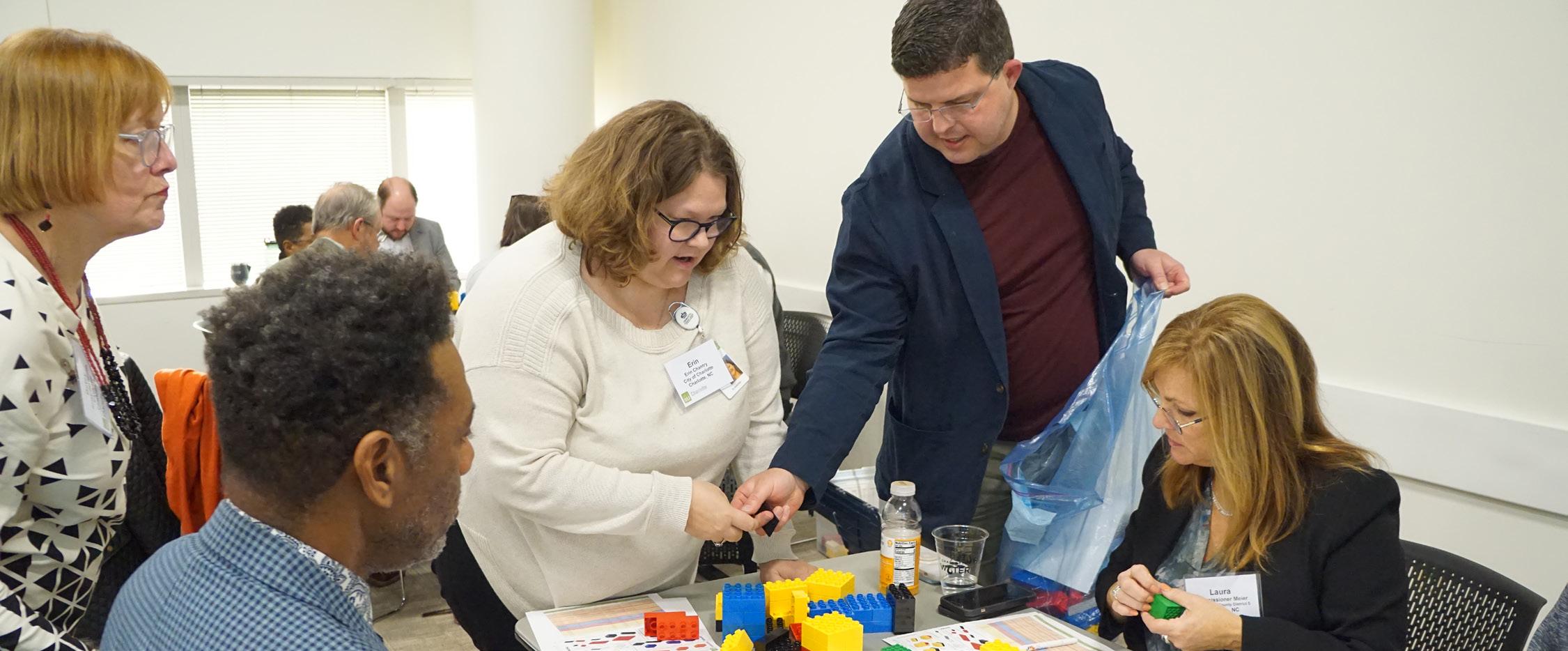
A faculty member also served as a facilitator and judge for the Charlotte Planning Commission’s UrbanPlan workshop administered by the Urban Land Institute. UrbanPlan is a realistic, engaging exercise in which participants learn the fundamental forces that affect development in communities. Participants experience challenging issues, private and public sector roles, complex trade-offs, and fundamental economics in play when proposing realistic land use solutions to growth challenges. Economic development and non-profit organizations also have drawn from the State of Housing in Charlotte report and other research to educate businesses and organizations in their serving areas.
Center research and expertise help policy officials, industry professionals and consumers better understand issues related to the economy, the housing market, commercial real estate and related topics. Media coverage included Carolina Public Press, the Charlotte Business Journal, The Charlotte Ledger, The Charlotte Observer, The Post and Courier, WBTV and WCNC.
Topics on which faculty have provided expertise include the state of the housing market, factors affecting low-income housing and evictions, commercial mortgage lending and commercial development, hybrid work and a national legal settlement on real estate commissions, among other topics that affect the business community and consumers.